Jennifer Chen is the Jacob Ross Clemens Foundation 2018 Master's of Environment and Sustainability scholarship winner.
About Jennifer Chen
Jennifer has worked on a variety of meaningful projects throughout her undergraduate and graduate career including the "Free Store Project" that promoted the reuse of household items among University of Toronto family residences. Serving over 200 families and open three days a week, the "store" diverted waste and highlighted the benefits of a zero-waste lifestyle. Jennifer has also worked with youth, revitalizing an urban space at the public library in Toronto's west end. With a team of 40 youth, Jennifer led the group to plant 20 trees and 6 urban gardens. Through this project which included creative expression and environmental awareness programming, the perspectives and values of the youth were transformed, increasing their appreciation of the environment around them. At Western, Jennifer has been involved in a number of initiatives including the campaign against plastic straws which succeeded in removing straws from the on-campus restaurants, the Wave and the Spoke.
The JRCF is so proud to award Jennifer Chen with this scholarship and feel very strongly that her work strongly aligns with Jacob's values.
Q&A with Jennifer Chen
We caught up with Jennifer to ask her some questions about the social and environmental challenges we’re facing today.
Q: The JRCF's mission is to promote human well-being and environmental rehabilitation, now and for the future. Often times, the foundation finds initiatives to support that intersect mental health and environmental sustainability. What are your thoughts about the interconnectedness of mental health and environmental sustainability?
A. Environmental sustainability supports mental wellbeing in many ways. As I’ve learnt throughout my studies, the natural environment can have positive impacts on mental health. In my personal life, I’ve experienced restoration from stress and weariness when exposed to nature or elements of the environment.
The recreational and aesthetic value of the environment has innumerable benefits that may be difficult to quantify. In recent times we’ve seen a disregard for environmental sustainability in favour of economic return and while this produces short-term gains, the wide range of benefits that the environment brings us can’t be discounted. Since environmental sustainability correlates with mental health, protecting the environment produces both benefits for the environment and human wellbeing.
Q: Where do you think that major social changes need to take place in order for the JRCF to achieve it's vision of "... a world where all Canadians thrive with healthy minds in healthy environments?"
A: Primarily, society must shift away from an anthropocentric viewpoint to an ecocentric one where all components of the environment are seen to have intrinsic value. Anthropocentric viewpoints are not sustainable in the long-term since our perception of the environment is shaped by our ability to exploit it. Ecocentric forms of thinking allow us to become more motivated to improve health of the environment when we view ourselves as equal to it.
Secondly, the notion that environmental conservation only benefits the natural world should change. While many are starting to connect environmental wellbeing with mental wellbeing, there is still this idea that the environment exists far away from us and the only way to experience it is to go to a national park kilometres away. Although nature exists “out there”, it is also found in urban areas and downtown cores through glimpses of greenery and green infrastructure. Changing our thinking to connect healthy environments with healthy minds also requires changing our perceptions of the environment as an interconnected element that is all around us. Regardless of it being pristine or in an urban setting, or whether it is the built or natural environment, healthy environments can exist in many forms to support mental wellbeing.
Q: How will the financial support provided by the JRCF scholarship help you to achieve your goals?
A: Most of my past experiences have been shaped by how I value the environment and my desire to promote sustainability through engaging stakeholders in community-based projects. Gaining recognition for the work that I’ve done has reinforced my belief that the field of sustainability is significant and I am grateful for the privilege of being acknowledged by the JRCF Foundation. The financial support is a greatly-appreciated and added bonus which will contribute towards my tuition in my Master’s program.
The Foundation promotes healthy minds and healthy environments, which aligns with my current work involving sustainable initiatives and occupant engagement with property developers in Toronto. Being the recipient of this year’s award has further motivated me to pursue a career where I can positively impact environmental and social spheres to create lasting change.


